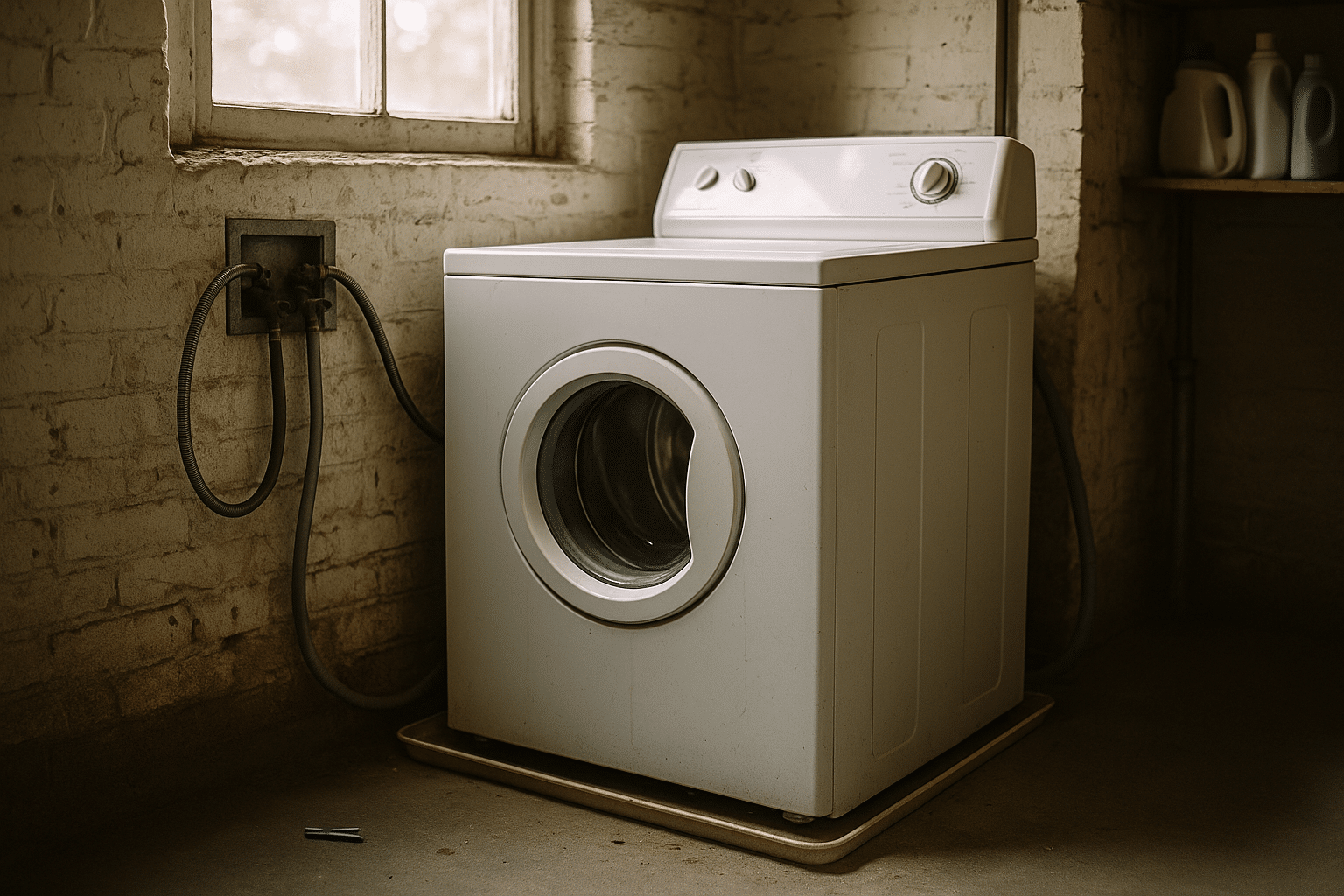
The Role of Sustainability in Modern Car Design
Sustainability is no longer just a buzzword; it has become a cornerstone in the design of modern vehicles. As environmental concerns grow, the automotive industry is embracing sustainable practices to create cars that are not only efficient but also environmentally friendly.
The Importance of Sustainable Car Design
The shift towards sustainability in car design responds to a growing global awareness of environmental issues. This transformation is not only about reducing emissions but also about creating vehicles that have a minimal ecological footprint throughout their lifecycle.
Expert Insights
According to automotive design expert Dr. Emily Roberts, ‘Sustainable car design is reshaping the industry by prioritizing materials and processes that reduce environmental harm.’ Her perspective highlights how sustainability is influencing every aspect of car manufacturing.
Key Statistics
Recent studies reveal that the use of recycled materials in car production can reduce energy consumption by up to 60%. Additionally, electric vehicle production is expected to increase by 30% over the next decade, underscoring the industry’s commitment to sustainability.
Real-World Examples
Consider the case of a renowned car manufacturer that has pledged to produce only electric vehicles by 2035. This shift not only reduces emissions but also encourages the development of a sustainable supply chain.
Implementing Sustainability in Design
- Use of recycled and renewable materials
- Incorporating energy-efficient manufacturing processes
- Designing for recyclability
- Enhancing fuel efficiency and reducing emissions
When designing or purchasing a vehicle, look for certifications that indicate sustainable practices, such as ISO 14001 for environmental management systems.
The Role of Technology
Technology plays a critical role in sustainable car design. Innovations like lightweight materials and hybrid drivetrains are paving the way for greener vehicles.
Comparison of Sustainable Car Design Features
| Feature | Traditional Cars | Sustainable Cars |
|---|---|---|
| Materials | Metal and non-recyclable plastics | Recycled metals and bioplastics |
| Emissions | High carbon emissions | Low to zero emissions |
| Fuel Efficiency | Moderate | High |
| End-of-Life | Difficult to recycle | Designed for recyclability |
| Energy Use | High energy consumption | Reduced energy use |
| Drive Systems | Combustion engines | Electric/hybrid engines |
| Supply Chain | Traditional supply chains | Sustainable sourcing |
| Cost | Lower upfront cost | Higher upfront, but savings over time |
Frequently Asked Questions
What makes a car design sustainable?
Sustainable car design involves using materials and processes that minimize environmental impact, such as recycled materials and energy-efficient technologies.
Are electric vehicles more sustainable?
Yes, electric vehicles are generally more sustainable as they produce fewer emissions and often incorporate sustainable materials.
Conclusion
As we move towards a more eco-conscious society, the role of sustainability in modern car design becomes increasingly crucial. By embracing sustainable practices, the automotive industry is not only addressing environmental concerns but also paving the way for a cleaner, more efficient future. For consumers, choosing a sustainably designed vehicle is a step towards a greener planet. Consider the impact of your choices and support manufacturers committed to sustainability.


